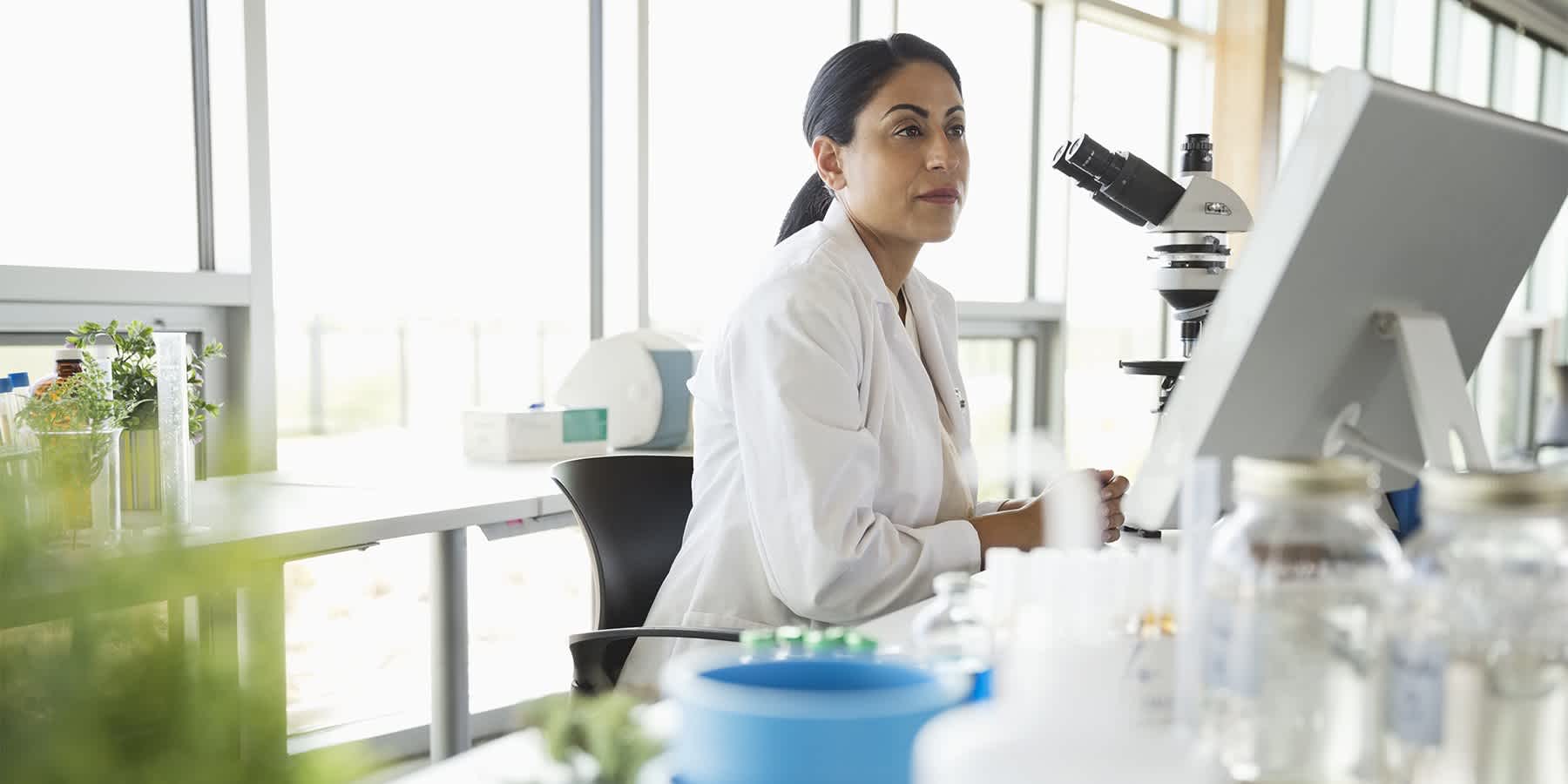
Help us learn more about the long-haul mysteries of COVID-19 by participating in a clinical study
Marc P. Bonaca, MD, MPH, FAHA, FACC is a cardiologist and vascular medicine specialist who serves as the executive director of CPC Clinical Research and Community Health, as well as Director of Vascular Research and Professor of Medicine at the University of Colorado Anschutz Medical Campus.
Research is one of the backbones of modern science and technology. It has helped humankind understand how the world works for centuries—from analyzing human behaviors to uncovering diseases and learning how to prevent them.
In the case of a disease as dangerous and widespread as COVID-19, getting closer to understanding the virus SARS-CoV-2 has brought us the health and safety guidelines we’ve been following for the past year to help prevent the spread of COVID-19, and of course, the COVID-19 vaccines that have been distributed to millions of people nationwide.
But what do we know about the longer-term effects of COVID-19? The truth is, not much. While studies to understand COVID-19 have been underway since the onset of the pandemic, researchers are still trying to uncover the mysteries of its long-haul effects on people who were infected weeks, maybe even months ago.
In an effort to be part of that research, Everlywell is conducting a study on the long-haul effects of COVID-19.
Interested in taking part in the research? Here’s what you need to know.
About the clinical study
- This approximately 18-month long study will help us identify and describe patient behaviors and clinical outcomes among patients who have tested positive for COVID-19.
- This study will also help us learn more about COVID-19 recovery and recovery time, COVID-19 testing behavior, and the feasibility of COVID-19 home testing.
Who is eligible to participate?
- Those 18 or older
- Those able to speak, read and write in English
- Those willing to provide Informed Consent before participation
- Those with a valid result, positive or negative, from any diagnostic COVID-19 test
Why are clinical studies so important?
Clinical studies have played a big role in helping scientists understand everything we know about human health, science, and medicine.
According to Dr. Marc Bonaca, the Executive Director of CPC Clinical Research and Community Health and the Chair of the Steering Committee for this Everlywell study, clinical studies also enable us to learn about risks, outcomes, and the effects of interventions in humans, including in specific populations. Some clinical studies, like the one Everlywell is conducting, are observational, where we watch and describe how people do. Others are interventional, where we test medicines or devices to see if we can change outcomes.
Why is research related to COVID-19 so important, especially now?
The reality is, doing clinical research is incredibly difficult. It’s not uncommon for existing COVID-19 studies to have small sample pools with less than 50 participants, which makes it hard to draw conclusions about millions of people. In the case of a disease as mysterious and widespread as COVID-19, it’s even more important for us to better understand COVID-19 outcomes for the health and wellness of everyone.
We know COVID-19 does not only have effects on physical health, but can also impact social, behavioral, and mental health. This study will help draw a bigger picture of all the long term outcomes related to COVID-19. And according to Dr. Bonaca, COVID-19 research is about much more than just understanding this virus. “Research related to COVID-19 is critical not just in understanding the virus and how it impacts humans, but also understanding how the virus is evolving and what we can learn for future pandemics,” he told Everlywell. “The impacts of COVID have been drastic and widespread, and better understanding how to respond to a future pandemic may translate into important improvements for society.”
What makes this Everlywell study different?
Because this study is conducted remotely, Everlywell has the unique opportunity to recruit a larger sample of participants. A completely remote study also means there are no in-person visits, no commutes to a hospital or research center, and no invasive tests—it’s all online!
All you need is about 45 minutes every few weeks and a device with internet access. Let’s face it, most of us are on our computers checking our emails or social media accounts every day anyway.
Why should I participate in this study?
It’s important to note that this study is completely voluntary, and as a participant, you may not directly benefit from this research. However, the results will lead to scientists better understanding the effects of COVID-19, which will more broadly benefit society.
In fact, Dr. Bonaca urges you to consider the following:
“Participating in clinical research is one of the best ways to contribute to science, discovery and ultimately bettering the ability to diagnose and care for people with disease or prevent disease.
In my years of participating and working in clinical research studies, I have repeatedly been struck by the generosity of participants who volunteer their time and effort to further medical science. They recognize that it is through the generosity of participants that we enjoy the advances in medical science that we have today. Many take great joy in knowing they are contributing to future innovations and discoveries and through that, are helping future generations.”
I am interested in participating! How can I learn more?
We’re so excited to hear you may be interested in being part of our research! You can read more about Everlywell and our clinical research here.
Have a qualifying friend or family member who may also be interested? Great, we’re recruiting over 1,000 participants to help us learn more about COVID-19 outcomes. Share this article with them and encourage them to learn more here.